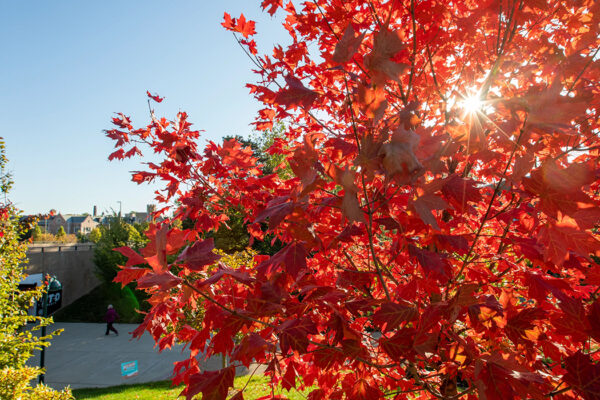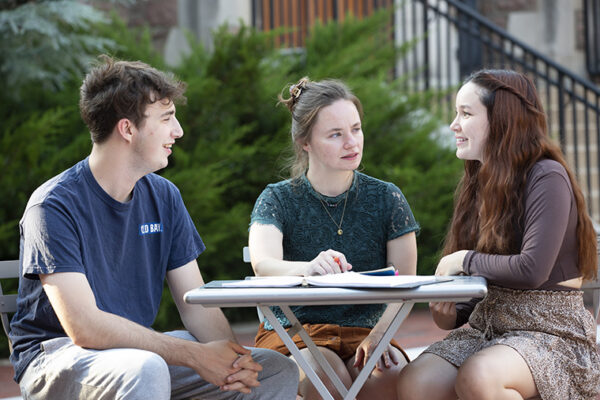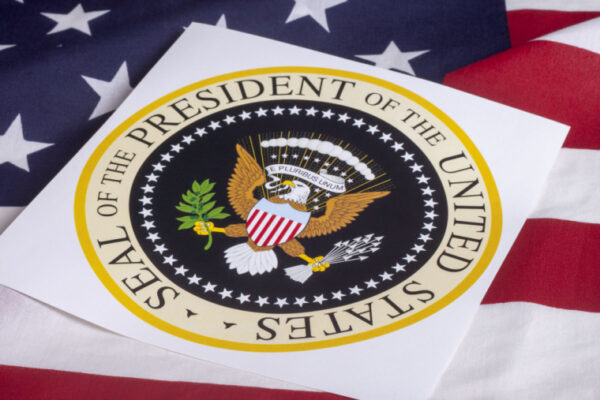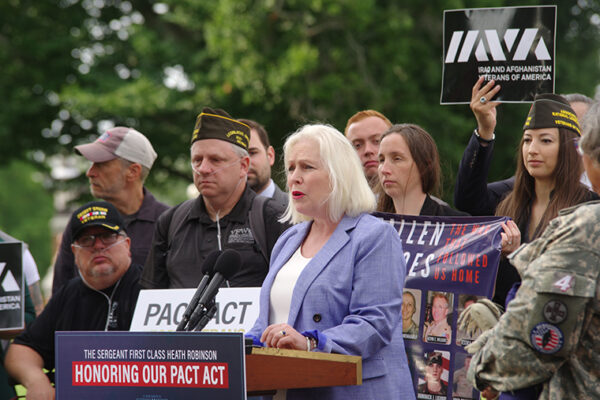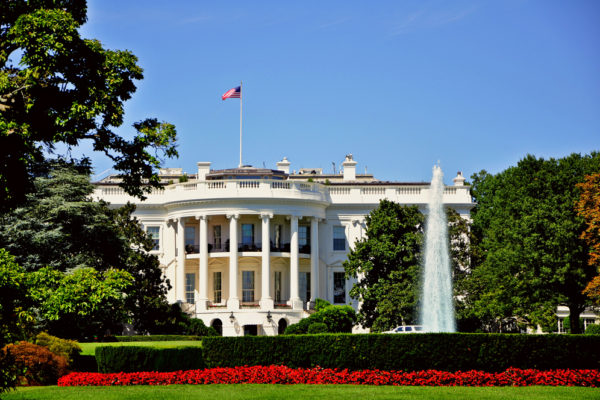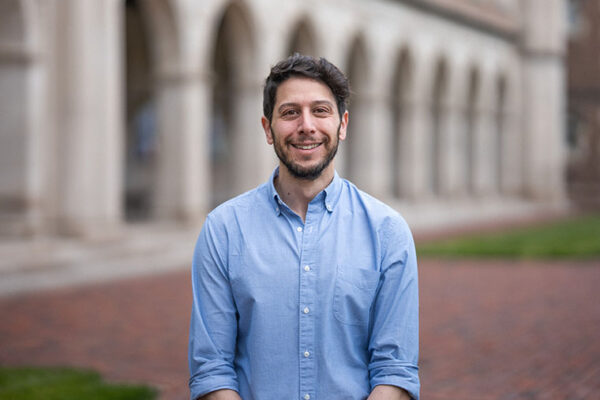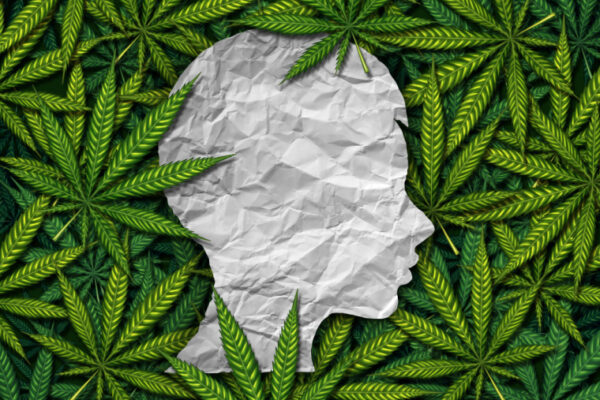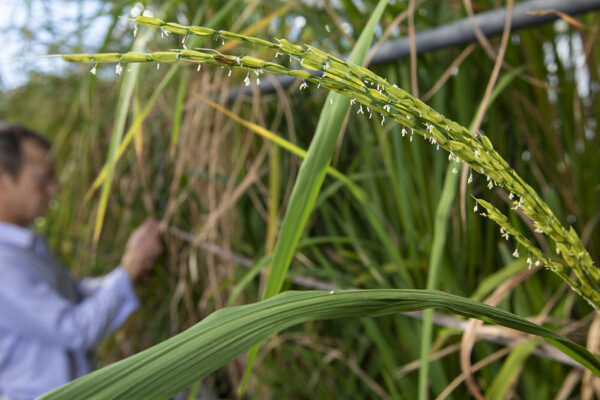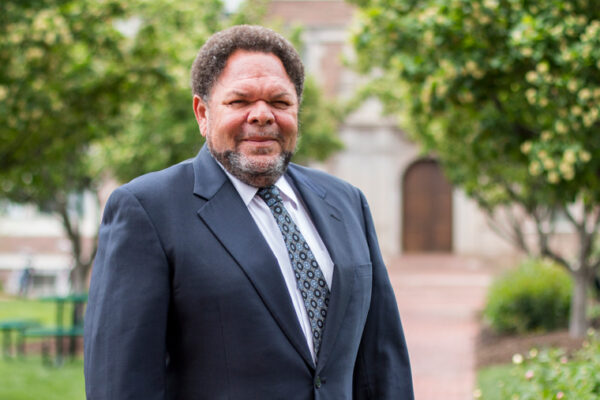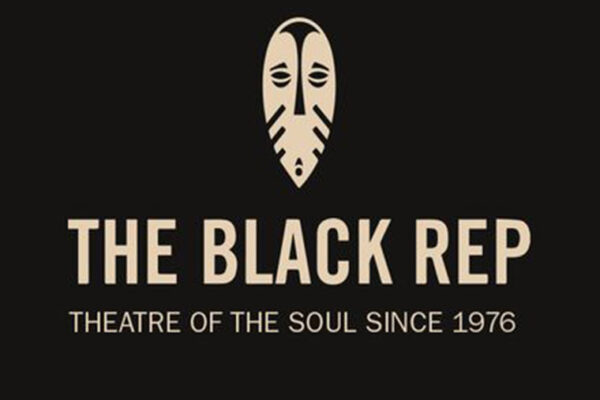No, autumn leaves are not changing color later because of climate change
Biologist Susanne S. Renner in Arts & Sciences explains why trees might actually be starting to turn red and yellow earlier, not later. Brilliant fall color might become a casualty of a warming world.
Hotchner Festival presents two new plays
Zachary Stern’s frenetic comedy “Democratic Airlines” and Melia Van Hecke’s contemporary folktale “The Fern” will receive world premiere staged readings as part of the 2022 A.E. Hotchner Playwriting Festival. The festival is named for alumnus A.E. Hotchner, who famously bested Tennessee Williams in a campus playwriting competition.
Roediger presents ‘Presidential Legacies’ session
Most presidents have 100 years until they fade from Americans’ memory. Henry L. “Roddy” Roediger in Arts & Sciences will discuss his research into this and the broader national collective memory on Sept. 29.
Research shows constituents ask female legislators to do more
In a study conducted by Dan Butler, professor of political science in Arts & Sciences, voters were more likely to contact their female representatives and asked them to do more on a variety of issues including education, health, immigration, the economy and more.
Bose participates in White House summit on American bioeconomy
Arpita Bose, in Arts & Sciences, attended a White House summit on biotechnology, along with representatives from government and the private sector. In her research at Washington University, Bose harnesses the power of microbes to create new biofuels and bioplastics.
Mathematician Stern to advance scientific computing methods
Ari Stern, associate professor of mathematics and statistics in Arts & Sciences, won a $237,648 grant from the National Science Foundation for a project titled “Structure-Preserving Hybrid Finite Element Methods.”
Problems persist for kids exposed to cannabis in the womb
Research from Ryan Bogdan’s BRAIN Lab in Arts & Sciences finds signs of psychopathology persist into mid-adolescence in kids exposed to cannabis in the womb.
Weedy rice has become herbicide resistant through rapid evolution
Weedy rice is a closely related cousin of crop rice that aggressively competes with cultivated rice in the field. Scientists from Washington University and the University of Arkansas report that the crop pest has become widely herbicide resistant. The study highlights challenges facing U.S. rice farmers when they battle a weedy enemy that is closely related to a desirable crop plant.
Baugh named to board of Oxford Dictionary of African American English
Arts & Sciences’ John Baugh has been named to the advisory board of the first edition of the Oxford Dictionary of African American English.
Black Rep launches 46th season
The Black Rep will launch its 46th season with “The African Company Presents Richard III.” The story, based on true events, chronicles the popular success of William Brown’s African Grove Theatre, established in New York in 1821, and the malicious campaign to shut it down.
View More Stories
